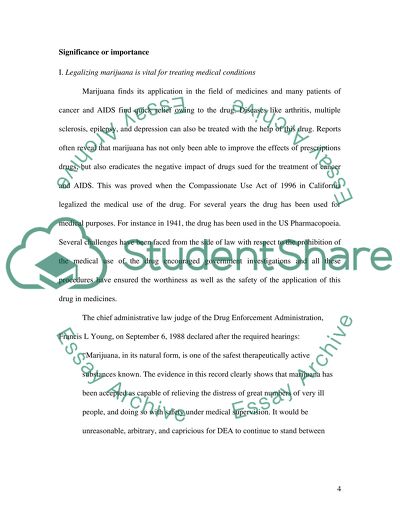Cite this document
(Legalizing Marijuana in the United States Research Paper, n.d.)
Legalizing Marijuana in the United States Research Paper. Retrieved from https://studentshare.org/health-sciences-medicine/1550326-legalizing-marijuana-for-medical-issues
Legalizing Marijuana in the United States Research Paper. Retrieved from https://studentshare.org/health-sciences-medicine/1550326-legalizing-marijuana-for-medical-issues
(Legalizing Marijuana in the United States Research Paper)
Legalizing Marijuana in the United States Research Paper. https://studentshare.org/health-sciences-medicine/1550326-legalizing-marijuana-for-medical-issues.
Legalizing Marijuana in the United States Research Paper. https://studentshare.org/health-sciences-medicine/1550326-legalizing-marijuana-for-medical-issues.
“Legalizing Marijuana in the United States Research Paper”, n.d. https://studentshare.org/health-sciences-medicine/1550326-legalizing-marijuana-for-medical-issues.


